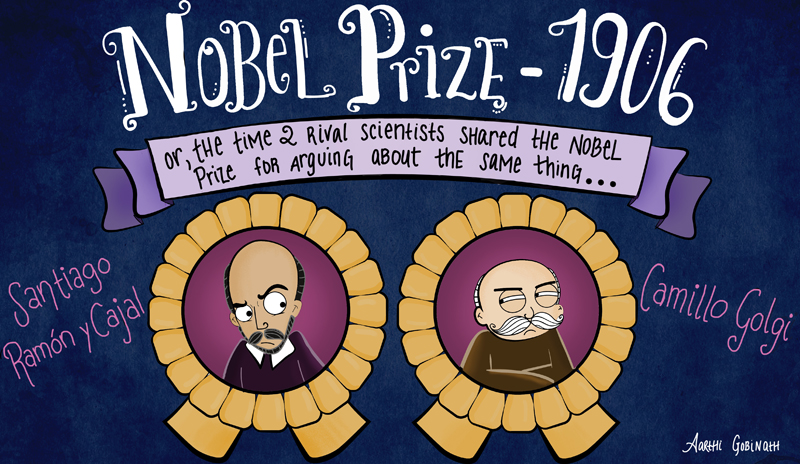Wednesday, 28 August 2019
Shifting Paradigms in the History of Neuroscience
 The development of a scientific discipline over time is often far from a linear sequence of events that build on each other logically. That can happen, of course. But philosophers of science, such as Thomas Kuhn, have clearly shown that “normal science” often operates under a dominant paradigm for an extended period, until enough “abnormal data” (i.e., data that contradict that paradigm) accumulate to lead to a scientific revolution, accompanied by a radical shift in that paradigm.
The development of a scientific discipline over time is often far from a linear sequence of events that build on each other logically. That can happen, of course. But philosophers of science, such as Thomas Kuhn, have clearly shown that “normal science” often operates under a dominant paradigm for an extended period, until enough “abnormal data” (i.e., data that contradict that paradigm) accumulate to lead to a scientific revolution, accompanied by a radical shift in that paradigm.
One of these revolutions, famous in history and entertainingly presented in the Neurohistory Cartoons Project, broke out when the 1906 Nobel Prize in Physiology/Medicine was awarded jointly to Italian scientist Camillo Golgi and Spanish scientist Santiago Ramón y Cajal. (more…)
From the Simple to the Complex | No comments
Wednesday, 7 August 2019
Study on Brain’s Reaction to Social Isolation Argues Against Its Use in Prisons

Why do people who have been intentionally isolated from their peers (for example, prison inmates who have been placed in “disciplinary isolation”) find this experience so completely dehumanizing? We all know that human beings have great needs for social contact. But are these needs so great that simply being deprived of such contact upsets our entire mental equilibrium? If a study published in the February 2016 issue of the journal Cell is to be believed, it would appear that social isolation does in fact lead to genuine impairments in brain function. (more…)
Mental Disorders | No comments







